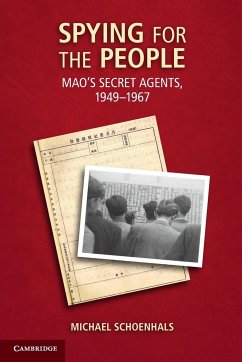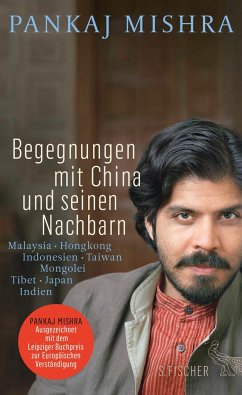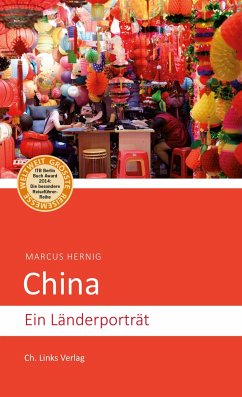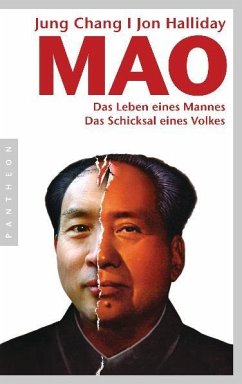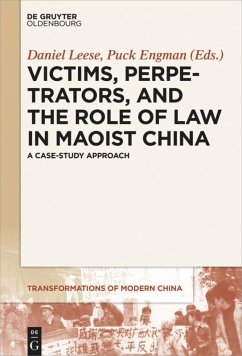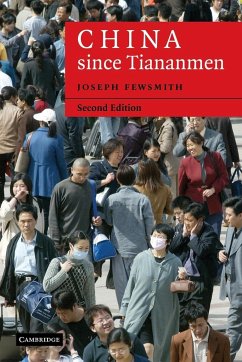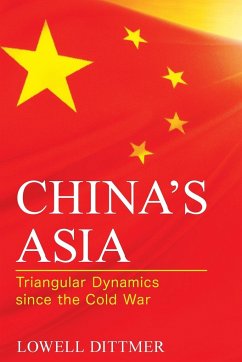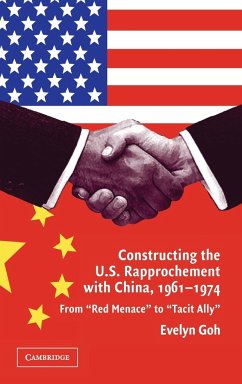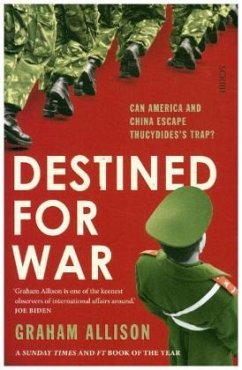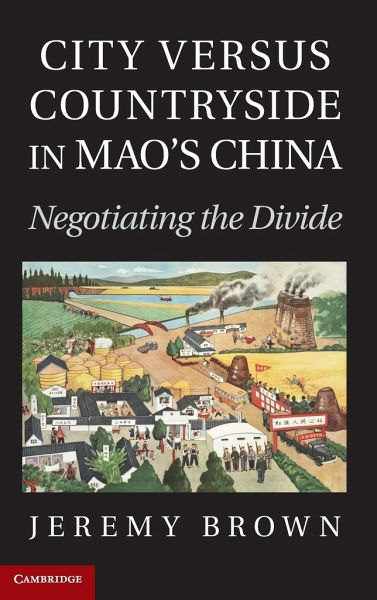
City versus Countryside in Mao's China
Versandkostenfrei!
Versandfertig in 1-2 Wochen
109,99 €
inkl. MwSt.
Weitere Ausgaben:

PAYBACK Punkte
55 °P sammeln!
The gap between those living in the city and those in the countryside remains one of China's most intractable problems. This powerful work of grassroots history traces the origins of China's rural-urban divide back to the Mao Zedong era. Harrowing accounts reveal how Chinese people fought back against policies that pitted city dwellers against villagers. The gap between those living in the city and those in the countryside remains one of China's most intractable problems. As this powerful work of grassroots history argues, the origins of China's rural-urban divide can be traced back to the Mao...
The gap between those living in the city and those in the countryside remains one of China's most intractable problems. This powerful work of grassroots history traces the origins of China's rural-urban divide back to the Mao Zedong era. Harrowing accounts reveal how Chinese people fought back against policies that pitted city dwellers against villagers. The gap between those living in the city and those in the countryside remains one of China's most intractable problems. As this powerful work of grassroots history argues, the origins of China's rural-urban divide can be traced back to the Mao Zedong era. While Mao pledged to remove the gap between the city worker and the peasant, his revolutionary policies misfired and ended up provoking still greater discrepancies between town and country, usually to the disadvantage of villagers. Through archival sources, personal diaries, untapped government dossiers and interviews with people from cities and villages in northern China, the book recounts their personal experiences, showing how they retaliated against the daily restrictions imposed on them while traversing between the city and the countryside. Vivid and harrowing accounts of forced and illicit migration, the staggering inequity of the Great Leap Famine and political exile during the Cultural Revolution reveal how Chinese people fought back against policies that pitted city dwellers against villagers.





